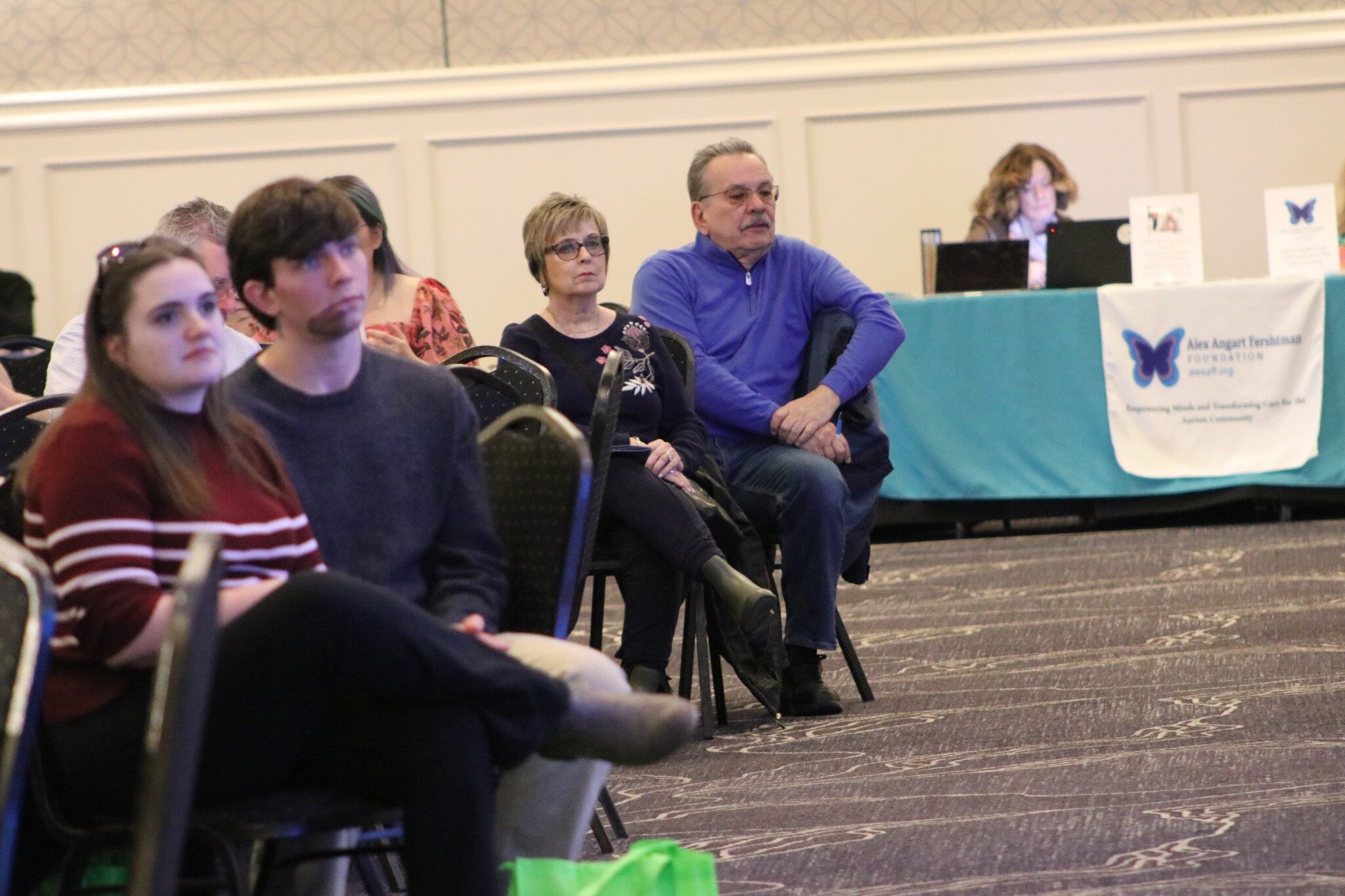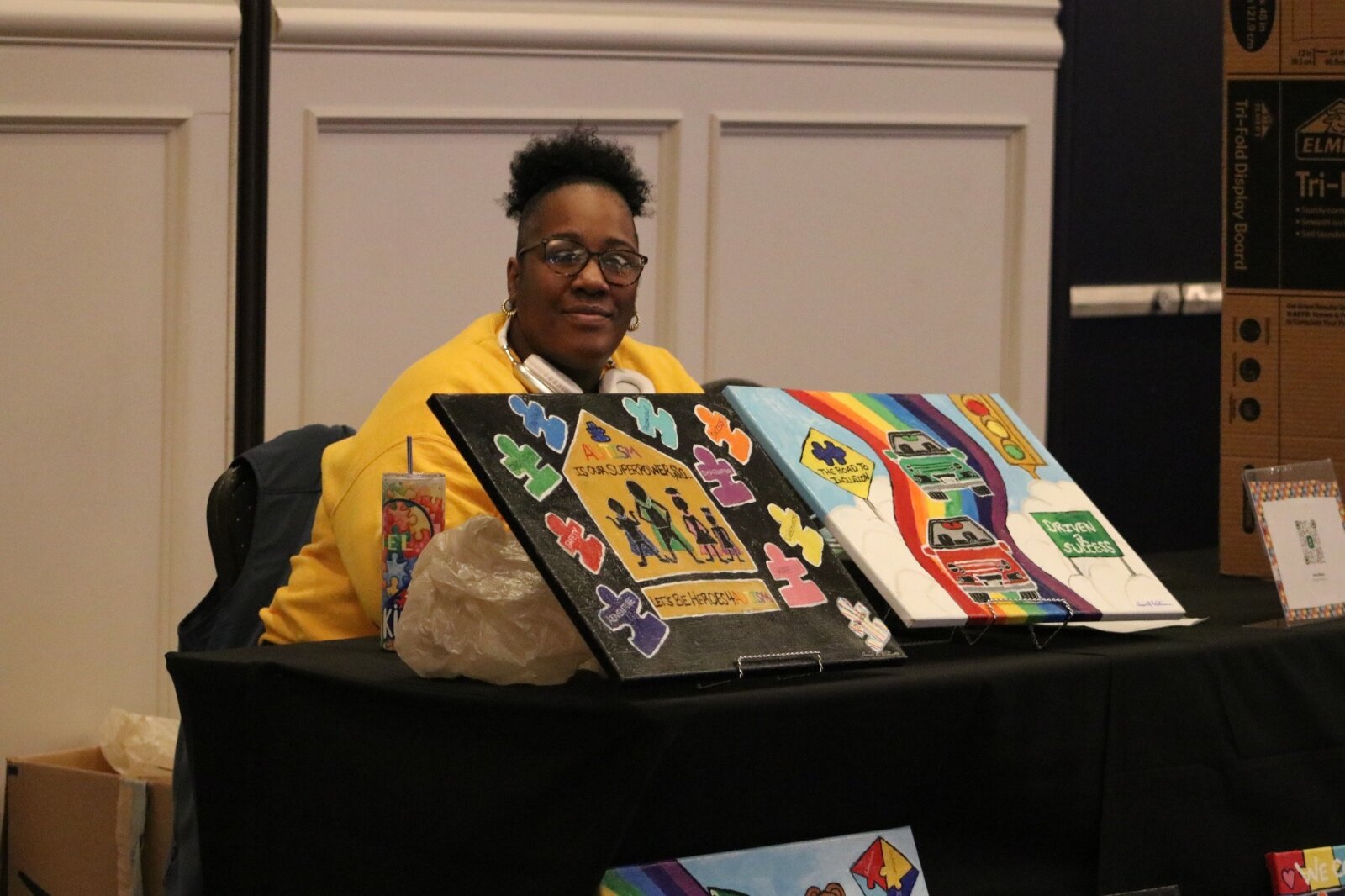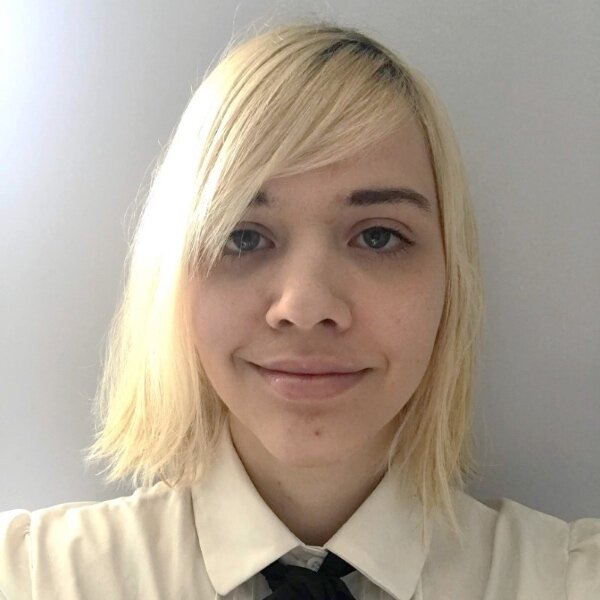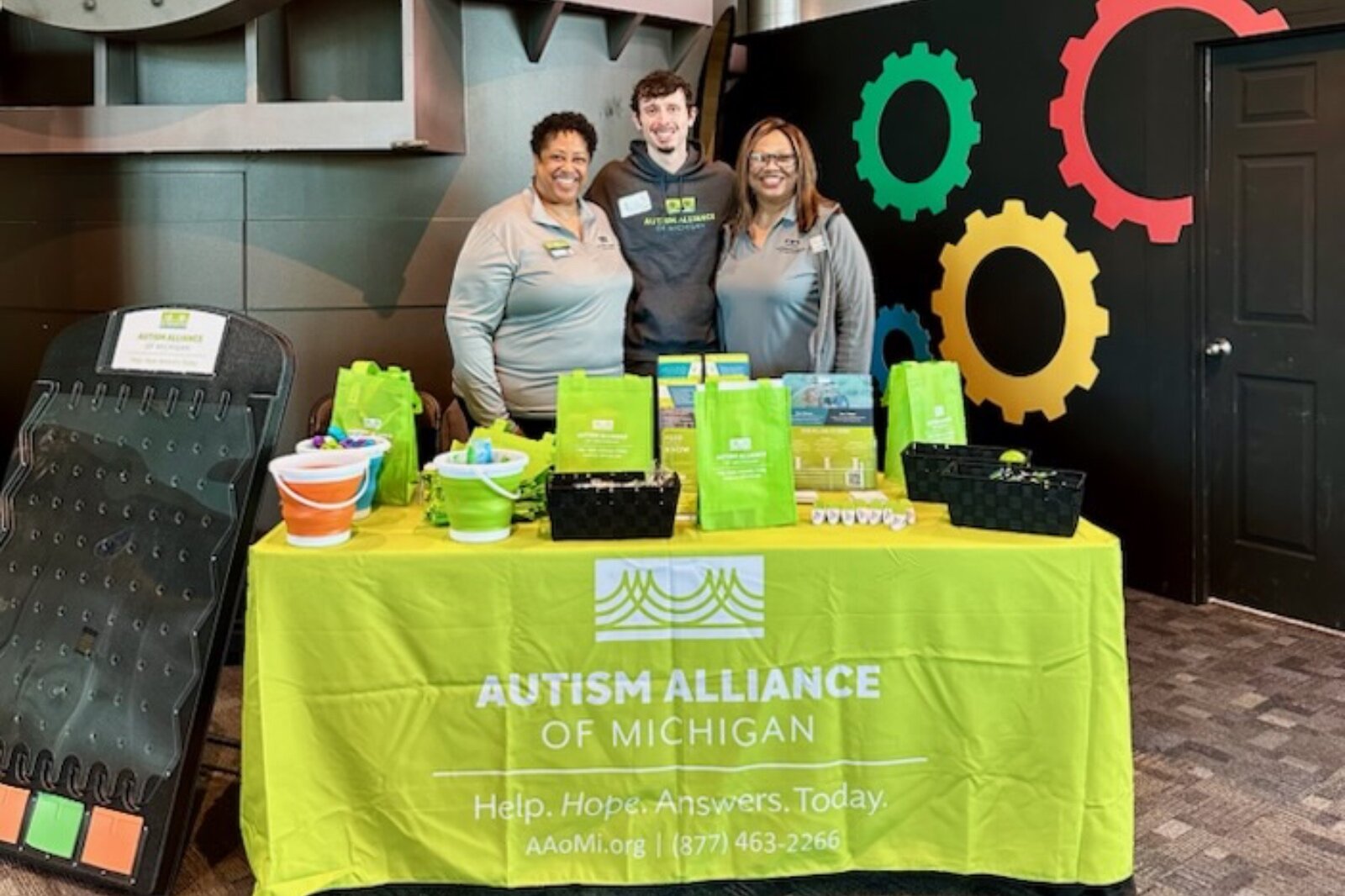
On April 2, 2025, the current U.S. administration proclaimed World Autism Awareness Day. While the Autism Alliance of Michigan (AAoM) appreciated the designation of this important day, many in the autism community expected continued use of “awareness” for “acceptance,” which had been previously adopted to describe this day.
The Autism Society of America first used “Acceptance” in place of “Awareness” in 2020. An autistic adult and self-advocate, Katie Oswald serves as executive director of the Full Spectrum Agency for Autistic Adults. She, too, perceived this as a step backwards in terms of inclusion and acceptance efforts that have been made for the autism community.
“It’s not enough to be aware,” Oswald says. “I can be aware that the rainforest exists, but being aware of it doesn’t stop us from destroying it. It takes more than awareness to make real change.”
Language matters
With input from Oswald and other autistic adults it serves, the Autism Alliance of Michigan (AAoM) is working hard to move from raising autism awareness to fostering autism acceptance. For one, AAoM promotes the use of both identity-first language, i.e., “autistic adults” or “autistic children,” and person-first language, i.e., “adults with autism” or “children who have autism.” Ultimately, the individual or the caregiver has the choice to decide which language they prefer. Oswald prefers identity-first language.

Oswald feels that person-first language creates the idea that autism is”not part of who we are and is something that should be eliminated.” She believes autism acceptance mutes the many negative messages that people hear about autism, messages that autistic individuals hear and often internalize from the time they are very young — and sees the impact of this internalized ableism in many of the 2,000 autistic adults that Full Spectrum serves.
“That can even come out in what we call autistic self-hatred,” she says. “Positive messages about autism and speaking positively about it is really, really important. If kids grow up hearing a more positive message about what it means to be autistic, that who you are is not bad or flawed but comes with a different set of challenges, it’s going to have a huge positive impact on them and the autistic community.”
Dr. Colleen Allen, AAoM president and CEO, adds that from the perspective of parents with profoundly affected children, the viewpoint may be different.
“The significant challenges presented by a child with severe, potentially harmful, escalating behavior or very complex medical conditions is one where a cure for autism is all they hope for,” Allen says. “It’s less about pride and declaring autism as identity and more about recognizing the serious challenges that come with this medical diagnosis and pursuing critical therapies that allow for living a functional, supported life.”

AAoM also promotes autism acceptance through its Accessibility Statement. Oswald worked with AAoM leadership staff to develop the statement with input from Allison Fedak, an autistic adult and AAoM’s graphic design coordinator, and Jenna Friedman, an AAoM intern. In short, the statement enlists everyone who becomes involved with AAoM to adopt an autistic/neurodivergent affirming mindset. This includes understanding the importance of language and recognizing and respecting sensory differences like stimming, touch and eye contact preferences, a need for sensory breaks, and varying communication modalities.

On the frontlines of AAoM’s work, its MiNavigator program interfaces with autistic individuals, their families, and caregivers, connecting them with autism services, educational guidance, employment, and recreational opportunities. The Accessibility Statement provides the Navigators — many of whom are neurotypical — a framework developed by autistic individuals for autistic individuals.
“I’ve been working with the AAoM Navigators, and I know they like learning from autistic voices, which I think is great,” Fedak says. “If you’re getting all of your input from non-autistic people, that doesn’t really make sense when you’re serving the autistic population.”

However, AAoM is also intentional about soliciting the critical input from caregivers of children who cannot speak for themselves, due to profound communication, cognitive, or behavioral challenges.
Oswald notes that the impact of the statement was especially felt at AAoM’s March 2025 Navigating Autism Today Conference in Novi.
“One of the challenges we saw was autistic people were coming to the Navigating Autism Today conference and not really feeling accepted there,” she says. “AAoM has made great efforts towards making everybody feel welcome and accepted. At the last conference, people were feeling more accepted and welcome — all parts of the autistic population.”
Of course, autism acceptance must extend beyond organizations and gatherings geared towards autistic people. As with any minority population, autistic individuals deserve respect, equity, and support from their communities, whether that be at work, in school, at their places of worship, or when they are out and about in public spaces.
“Autistic people are here, and they’re human,” Fedak concludes. “You’re going to meet them in your daily life. It’s a matter of being able to communicate accordingly with the people around you.”
Estelle Slootmaker spends most workdays as a freelance journalist and editor. You can contact her at Estelle.Slootmaker@gmail.com or www.constellations.biz.
Photos courtesy AAoM.
Autism heart photo by Tara Winstead via Pexels.com.
Autism Alliance of Michigan (AAoM) was founded with the vision that people with autism will lead lives that meet their greatest potential. AAoM leads efforts to raise expectations and expand opportunities for people touched by autism across the lifespan.
